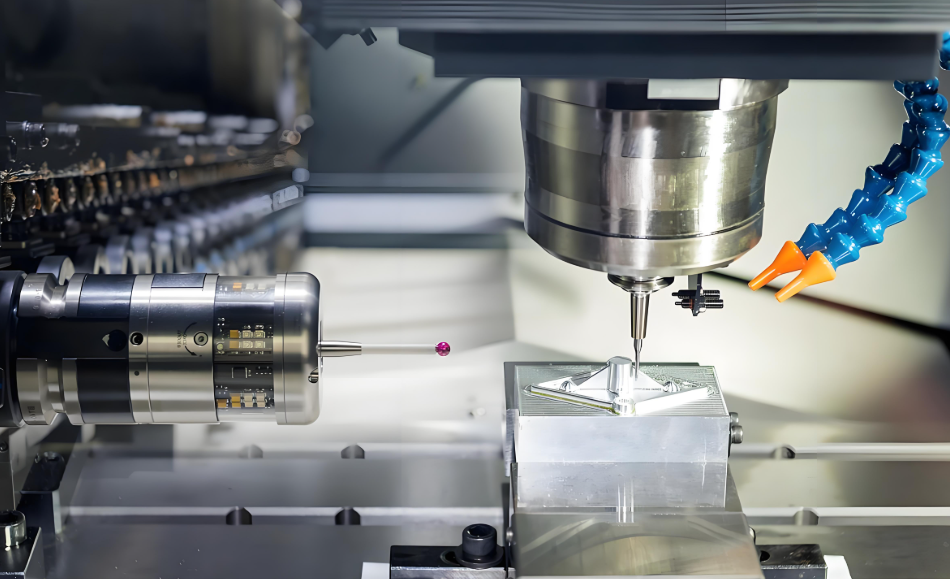
The global manufacturing industry’s green transformation is rapidly shifting from a technological vision to a core dimension of supply chain competition. Faced with the UK’s increasingly stringent carbon tariff mechanisms under the Climate Change Act and ESG compliance requirements, the precision manufacturing segment of industrial equipment has become a critical battleground for multinational corporations to achieve deep decarbonization. Through breakthroughs in materials science, process paradigm upgrades, and full-cycle carbon footprint management, cutting-edge manufacturing technologies are driving precision machining from high-energy-consuming units to carbon-neutral engines.
In the field of lightweighting technology, the breakthrough application of magnesium-aluminum alloy composite structures is reshaping the efficiency boundaries of fluid transmission components. These materials, through five-axis CNC precision machining, achieve one-piece forming of complex topological structures, not only meeting the technical goal of a 35% weight reduction in components but also significantly lowering the driving energy consumption of hydraulic systems. Especially in the machining of high-precision rotary parts, five-axis联动technology ensures the dimensional stability of thin-walled structures, enabling key components such as aviation fuel valve bodies and energy equipment drive shafts to continuously gain energy efficiency benefits throughout their service life. This material-process collaborative innovation is currently being validated for its carbon reduction potential in the pump valve system upgrade projects of UK energy companies.
The evolution of minimal quantity lubrication (MQL) technology marks a milestone leap in sustainable processes. Compared with the traditional method of flooding with cutting fluid, the new generation of electrostatic atomization MQL systems atomizes plant oil-based lubricants into sub-micron charged particles, which precisely penetrate the cutting interface under the high-speed rotation conditions of the CNC machining center spindle. Its value is not only reflected in reducing the consumption of coolant to one ten-thousandth of that of traditional processes but also fundamentally cutting off the pollution chain of cutting fluids containing carcinogens. Real-time measurement data shows that in the five-axis machining of titanium alloy impellers, this technology reduces unit process carbon emissions by 40% compared with wet processing and doubles the tool life. This breakthrough in green processes allows precision manufacturing to completely break away from the traditional path of high pollution and high energy consumption.
Carbon footprint management in precision manufacturing has evolved from single-point energy saving to a full value chain emission reduction system. Taking heat exchanger accessories as an example, through the combination of lightweight structural design, five-axis CNC precision machining, and electrostatic atomization minimal quantity lubrication technology, the carbon footprint of each ton of product throughout its entire life cycle is reduced by 12 tons. This quantifiable emission reduction capability is becoming a core indicator of multinational groups’ ESG reports—UK procurement decision-makers particularly value this data, as it directly corresponds to the audit needs of Scope 3 emissions in the supply chain. When five-axis machining centers are equipped with carbon trajectory monitoring modules to output the carbon intensity data of each precision part in real time, the manufacturing industry officially enters a new era of transparent decarbonization.
The green manufacturing transformation of machine tools has gone beyond technological iteration and become a strategic opportunity to reshape the global supply chain value distribution. When UK procurement managers evaluate suppliers, those partners who have mastered precision decarbonization manufacturing capabilities are showing overwhelming competitive advantages in the face of carbon tariff barriers and ESG rating systems. This is not only a competition of cost and efficiency but also a redefinition of the sustainable development discourse power in the manufacturing industry.
Explore carbon-neutral solutions for precision manufacturing: www.simituo.com